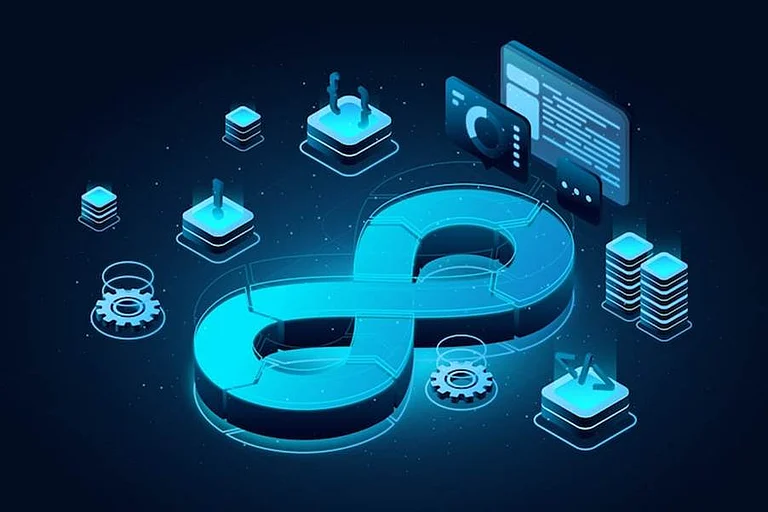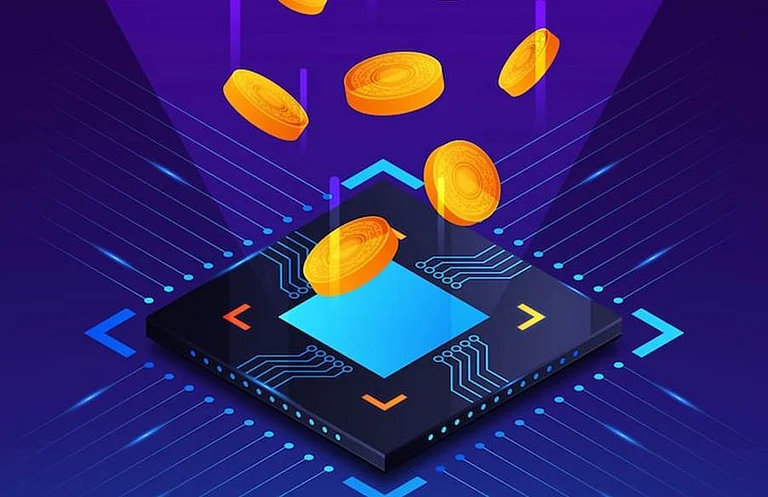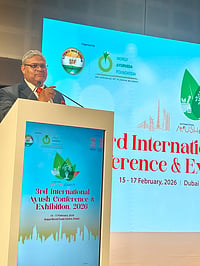Decentralized Autonomous Organizations, or DAOs, are one of the most groundbreaking ideas in the field of cryptocurrency. A DAO, within the realm of cryptocurrency, would be an organization that would function without any need for centralized direction but through smart contracts and democratic community. The framework would bring transparency, participation, and a new organizational structure to the digital age. However, promising they are, DAOs in crypto are faced with actual, real issues which challenge their future existence and sustainability as effective organizations in the real world. It is only with an understanding of such issues that one who is interested in knowing the reality about decentralized governance can proceed.
Legal and Regulatory Uncertainty
Presumably the most immediate threat to DAOs is a lack of legal recognition. DAOs lack a well-defined legal status in the majority of jurisdictions. They exist in a gray area where conventional legal frameworks are not well-suited to accommodate decentralized decision-making. For example, take the issue of liability: if a DAO makes a financial decision that causes harm, who is legally liable? In conventional entities, liability typically is tied to a board of directors or executive team. With DAOs, however, decisions are collectively made by token holders, so it is tricky to assign responsibility. Regulators around the world are trying to figure out how to apply current law to DAOs without enlightening participants and potential investors about their approaches.
Governance Problems and Voter Indifference
DAOs' governance model is based on the assumption that token holders will be active participants in decision-making. Theoretically, this democratic concept sounds great, but in practice, it promotes voter apathy more often than not. Most token holders never actually vote, so life-altering decisions lie in the hands of a few percent of regularly active members. This goes against the democratic nature of DAOs and threatens centralization of power in something that was supposed to be a decentralized system. Moreover, technical proposal complexity and understanding requirements can deter regular members from participating. Consequently, control may be transferred to more experienced or affluent members, thereby rendering the model exclusive.
Security Flaws in Smart Contracts
DAOs are greatly dependent on smart contracts to manage decisions and assets. Though smart contracts minimize the use of intermediaries, they cannot escape vulnerabilities and misuse. One bug in the code can be devastating. The biggest one was "The DAO" hack in 2016, where a bug in the smart contract was exploited, which cost millions of dollars' worth of Ether. Because smart contracts are immutable and permanent once deployed, they are prone to necessitating extreme interventions to close loopholes, like hard forks, that would destroy trust in the system. In order to be successful, code security and reliability underlying DAOs is a prime challenge.
Risk of Oligarchy through Majority Domination
Although DAOs are supposed to be decentralized, most power usually lies in the hands of a majority of token holders or "whales." These could be entities or organizations and could have too large an influence on governance decisions by holding an enormous voting token pool. This is a paradox because, even though they are decentralized, DAOs can be oligarchic. This concentration is antidemocratic and stifles the role of smaller actors and creates problems regarding fairness. Getting the balance between equality and efficiency in decision-making is an arduous quandary for DAOs as they have to balance democratic principles with practical utility.
Scalability and Decision-Making Efficiency
Decision-making scalability is also another challenge. With more involvement, agreement proposals are burdensome and slow. In contrast to centralized structures where bosses can easily respond, DAOs have to have a formal vote, which takes time and delays response to time-sensitive matters. That incremental pace is especially an issue in cryptocurrency's rapidly changing universe, where markets shift fast and opportunity or danger must be addressed with rapid response. Satisfying inclusivity at the cost of efficiency is thus a thorny and unsolved problem for DAO designs.
Economic Incentives and Participation
DAOs usually work with token-based incentives in order to motivate participation in governance. It is difficult, however, to coordinate the economic incentives for the participants with long-run success within the DAO. Token holders are primarily motivated by returns and will vote for choices that provide them short-term benefits at the expense of long-term forward progress. Short-termism can act counter to the strategic development of the DAO. In addition, DAO token speculation creates volatility, which will deter serious players who have a greater interest in governance than in speculation and trading. Building incentive models to motivate regular, meaningful participation is challenging for most DAOs.
Cultural and Coordination Barriers
In contrast to traditional location-based organizations, DAOs are international. While the diversity is positive, it also creates cultural and coordination issues. Members globally will have different values, expect different things, and have different technical proficiency. Time and language differences complicate working in other time zones. All these problems can decelerate decision-making, lead to miscommunication, and prevent the creation of a common image of the future for the DAO.
Integration with the Real World
Run-of-the-mill problems in DAOs' interaction with the traditional financial and business world are also encountered. For instance, contracting, maintaining a bank account, or employing people usually implies a legal person registered in the system, something that DAOs scarcely have. While a few nations like Wyoming in the US have legislated to treat DAOs as legal entities, these are exceptions and not the norm. Without bridging over into systems, DAOs may be trapped in the virtual realm and unable to expand or make their presence felt in society at large.
New Trust and Reputation Systems
Traditional companies build trust on brand reputation, leaders' track records, and regulatory checks and balances. DAOs trust most code and community. While transparency is one of their strong suits, trusting in an anonymous or pseudonymous space can be tricky. Members often don't know who is behind proposals or votes, and without accountability measures in place, trolls can manipulate the system. Developing trustworthy reputation systems that hold people accountable while not compromising decentralization is a critical test to the long-term sustainability of DAOs.
Conclusion
DAOs are an interesting experiment in decentralized organization and governance. They have tremendous potential to rearticulate business and society as done, promising inclusiveness, transparency, and self-governance. Yet, issues such as legal clarity, governance inefficiency, security flaws, majority dominance, and incorporation into existing systems are key concerns. A crypto DAO is not just a piece of technology but an economic, legal, and social complex to be constantly adapted. Depending on how effectively regulators, communities, and developers collaborate to overcome the challenges, the destiny of DAOs will lie in how well they are able to balance the ideals of decentralization with the practical demands of organizational management. For now, though, the challenges are every bit as significant to research as the opportunities, in order that DAO in crypto grows up in maturity and accountability.

























